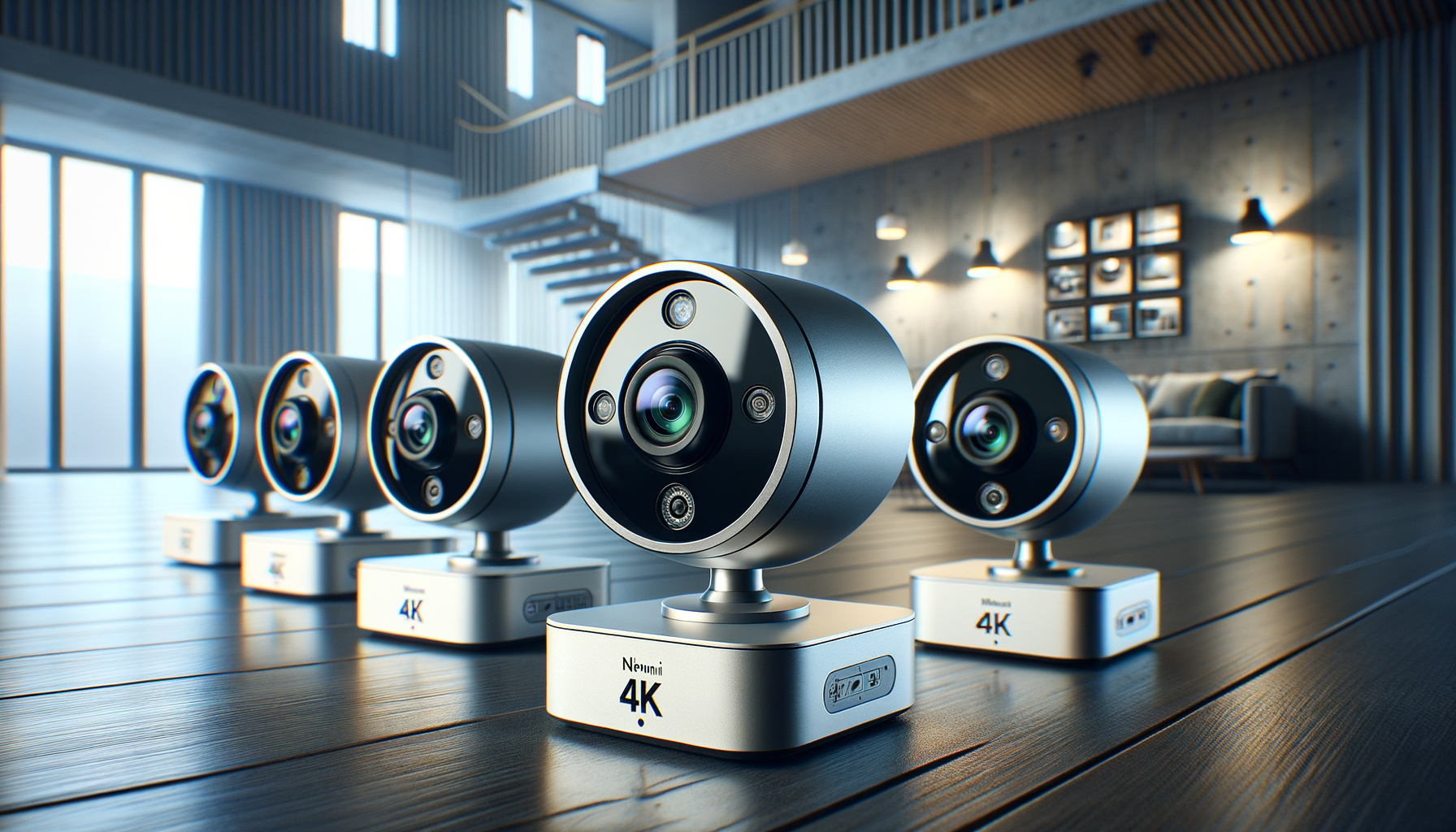Introduction to Industrial Mixer Machines
In the bustling world of commercial kitchens and large-scale food production, the need for reliable and efficient equipment cannot be overstated. Industrial mixer machines play a pivotal role in these environments, offering the power and capacity necessary to handle large volumes of ingredients with ease. These machines are designed to meet the rigorous demands of high-volume operations, ensuring consistency, quality, and efficiency in every batch.
Industrial mixer machines are integral to a variety of food production processes, from mixing dough in bakeries to blending sauces in large kitchens. Their robust construction and advanced features make them indispensable tools for chefs and food manufacturers alike. As we delve deeper into the world of industrial mixers, we will explore their key features, benefits, and the latest advancements that make them essential for modern food production.
Key Features of Industrial Mixer Machines
Industrial mixer machines are renowned for their exceptional quality and versatility. These machines come equipped with a range of features designed to enhance performance and ensure optimal results. One of the standout features is their powerful motors, which provide the torque needed to mix even the thickest of ingredients efficiently. This power is complemented by variable speed settings, allowing operators to adjust the mixing speed according to the specific requirements of the recipe.
Another notable feature is the variety of attachments available for industrial mixers. These attachments, such as dough hooks, whisks, and paddles, enable the machines to handle different types of mixtures with precision. Additionally, many industrial mixers are designed with safety in mind, incorporating features like automatic shut-off and safety guards to protect operators during use.
The durability of industrial mixer machines is another key aspect that sets them apart. Constructed from high-quality materials, these machines are built to withstand the demands of continuous use in commercial settings. This durability ensures a long service life, providing businesses with a reliable solution that delivers consistent performance over time.
Benefits of Using Industrial Mixer Machines
The advantages of incorporating industrial mixer machines into a commercial kitchen or food production line are manifold. Firstly, these machines significantly increase productivity by reducing the time and labor required for mixing tasks. This efficiency allows businesses to scale up their operations and meet increasing demand without compromising on quality.
Another benefit is the consistency that industrial mixers bring to food production. The precise control over mixing parameters ensures that each batch is uniform in texture and flavor, which is crucial for maintaining product standards and customer satisfaction. This consistency also reduces waste, as fewer batches need to be discarded due to inconsistencies.
Moreover, industrial mixer machines contribute to improved safety in the workplace. By automating the mixing process, they minimize the risk of injuries associated with manual mixing, such as repetitive strain injuries. This automation also frees up staff to focus on other tasks, further enhancing overall productivity and efficiency.
Innovations in Industrial Mixer Technology
The field of industrial mixer machines has seen significant advancements in recent years, driven by the need for more efficient and versatile solutions. One of the most exciting developments is the integration of smart technology into these machines. Smart mixers come equipped with digital controls and connectivity features, allowing operators to monitor and adjust settings remotely via mobile devices or computers.
Another innovation is the development of energy-efficient motors, which reduce power consumption without compromising performance. This not only lowers operational costs but also aligns with the growing emphasis on sustainability in the food industry. Additionally, manufacturers are exploring new materials and designs to enhance the durability and hygiene of industrial mixers, ensuring they meet the stringent standards required in food production environments.
These innovations are transforming the way industrial mixer machines are used, offering businesses more control, efficiency, and flexibility than ever before. As technology continues to evolve, we can expect further enhancements that will redefine the capabilities of these essential machines.
Choosing the Right Industrial Mixer for Your Needs
Selecting the right industrial mixer machine for your business involves considering several factors to ensure it meets your specific requirements. One of the primary considerations is the capacity of the mixer, which should align with the volume of ingredients you typically process. It’s important to choose a machine that can handle your production scale without being over or underutilized.
Another factor to consider is the type of mixing tasks you perform. Different mixers are better suited for specific applications, such as dough mixing, emulsifying, or whipping. Assessing the versatility of the machine and the availability of compatible attachments can help you make an informed decision.
Finally, it’s essential to evaluate the machine’s ease of use and maintenance. Features like intuitive controls, easy-to-clean surfaces, and accessible parts can significantly impact the efficiency and longevity of the mixer. By carefully considering these factors, you can select an industrial mixer that not only meets your current needs but also supports your business’s growth and success.




Leave a Reply